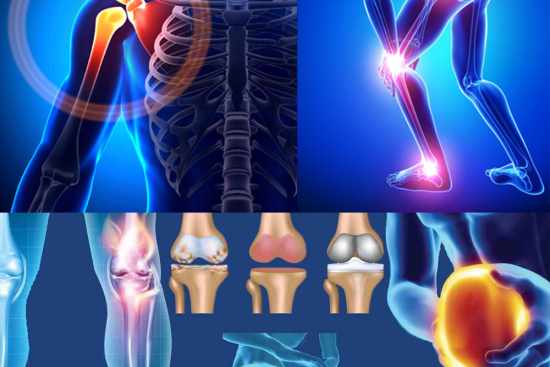Orthopedics is a surgical specialty dedicated to correcting musculoskeletal system defects, whether congenital or acquired during growth or even adulthood. It treats a wide range of problems affecting bones, joints, muscles, tendons, and nerves.
This discipline includes the treatment of disorders of the upper extremities (shoulder, elbow, hand),lower extremities (hip, knee, ankle, foot),and spine (vertebral column).








